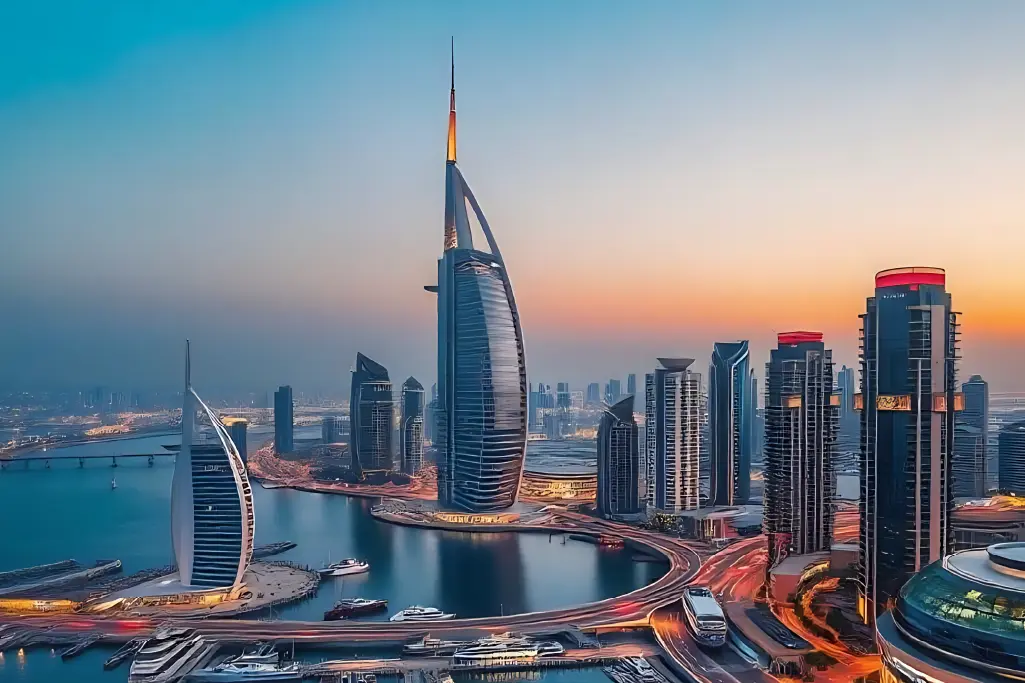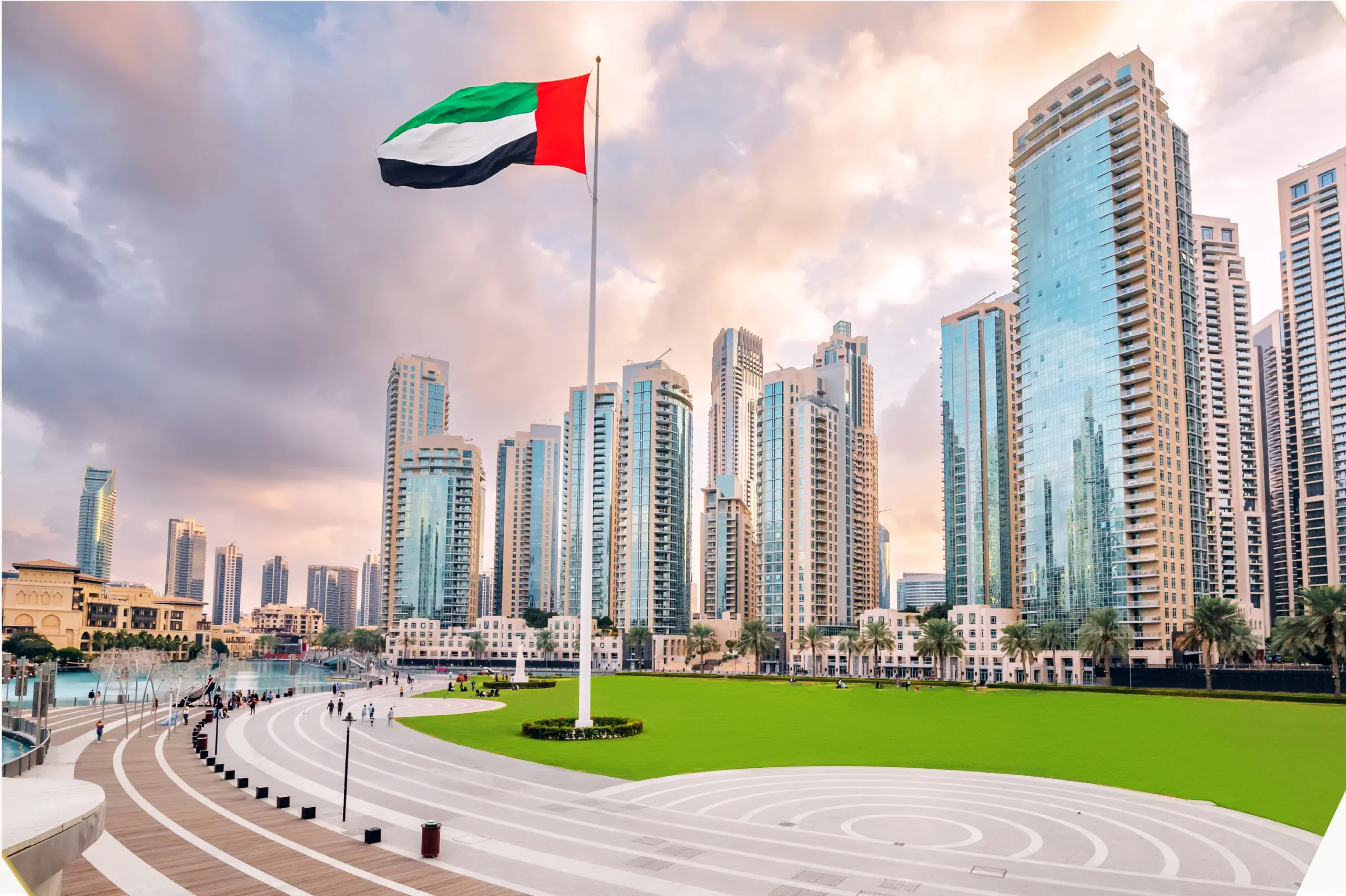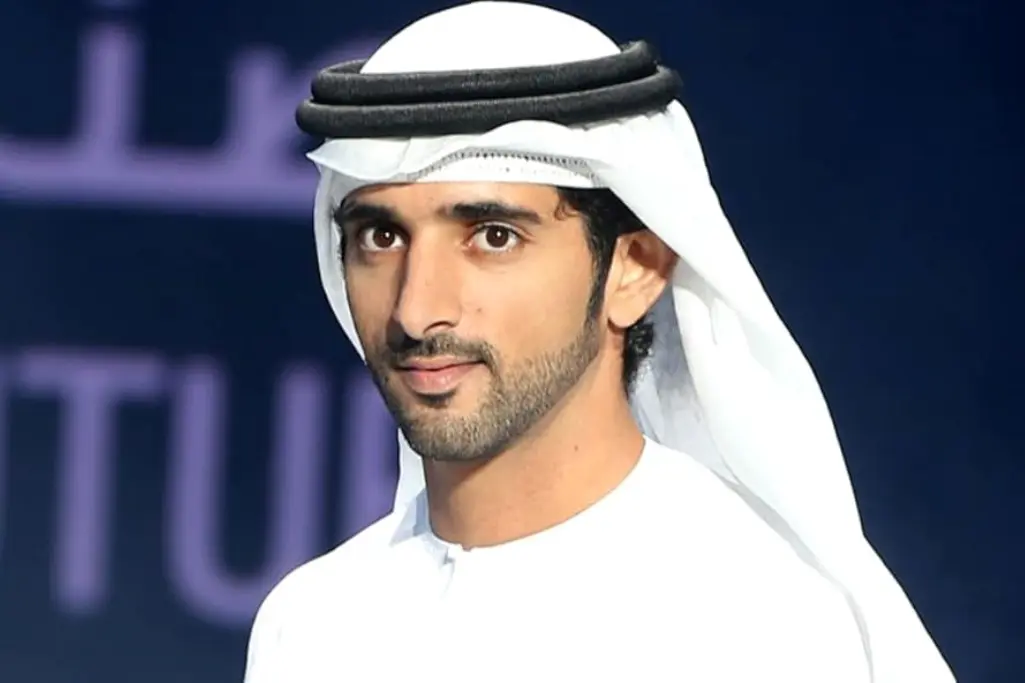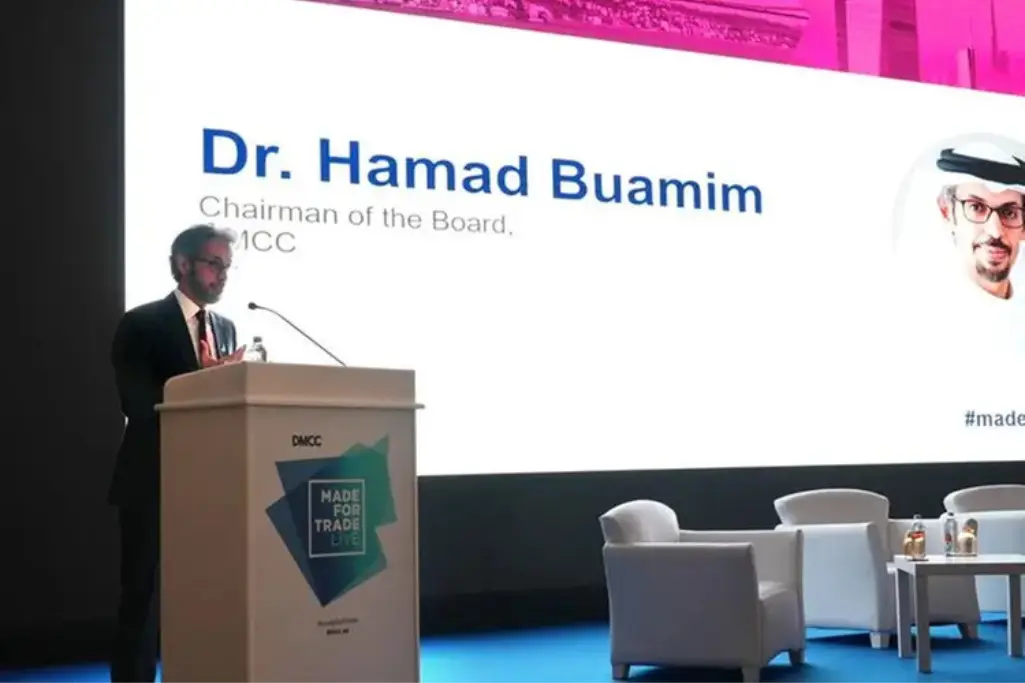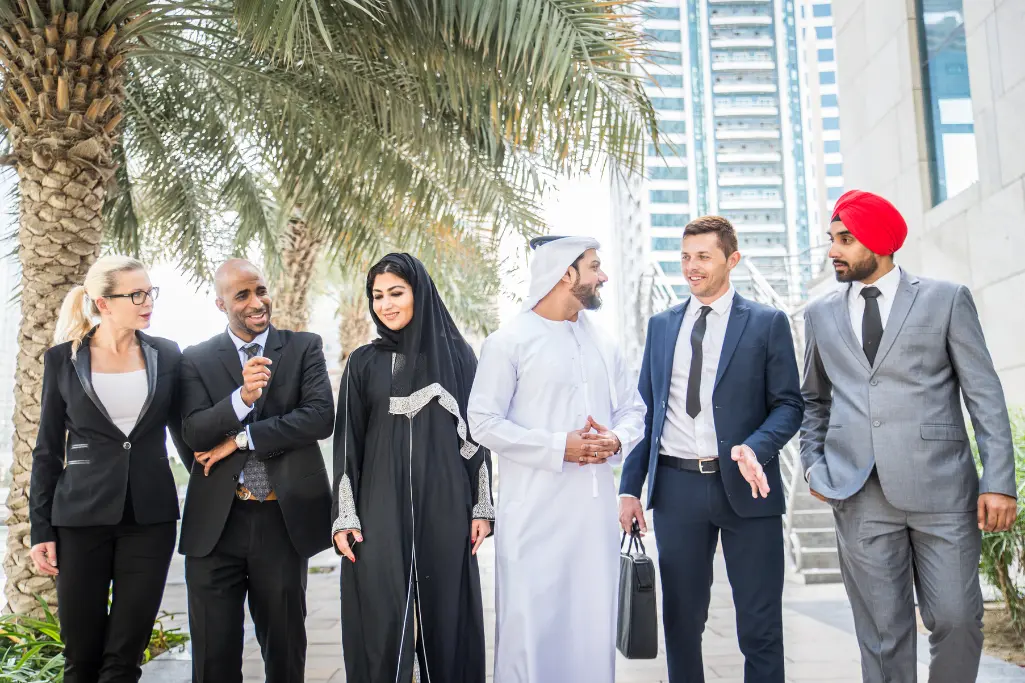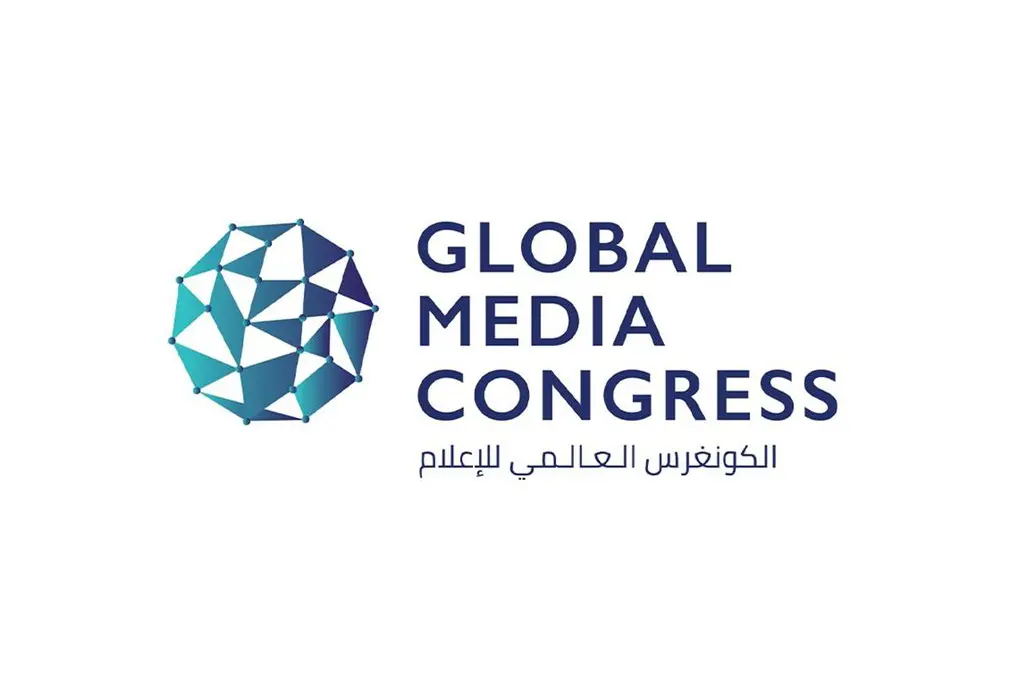Dubai is setting its sights on a transformative decade with the approval of five key strategies that aim to reshape the city’s economy, infrastructure, and society.
Dubai’s Real Estate Strategy 2033 aims to increase transactions to AED 1 trillion ($272bn) by 2033, solidifying the city as a global real estate leader. For investors looking to capitalize on this booming market, Business setup consultants can provide valuable guidance in establishing a strong foothold in the city’s thriving real estate sector.
His Highness Sheikh Hamdan bin Mohammed bin Rashid Al Maktoum, Crown Prince of Dubai, has endorsed these initiatives, signaling a bold vision for the next 10 years. These plans range from transitioning to a cashless economy to boosting real estate transactions, all contributing to Dubai’s ambitious growth.
5 Major Strategies for Dubai’s Future
The city’s aspiration to enhance its global leadership is at the heart of this ambitious drive. The five major strategies endorsed by the Executive Council are aligned with Dubai’s long-term goals of modernization, sustainability, and economic diversification. These initiatives will span various sectors, including real estate, education, and transportation, solidifying Dubai’s status as a future-ready metropolis.
Dubai Real Estate Strategy – $272bn Property Target
Dubai’s real estate sector has long been a pillar of the city’s economy. With the endorsement of the Real Estate Strategy 2033, Dubai is poised to take this industry to new heights. The goal is to increase real estate transactions to a staggering AED1 trillion ($272bn) by 2033, positioning the city as a global real estate powerhouse. This initiative sets ambitious revenue targets and emphasizes sustainable urban development and tax-free real estate options, making Dubai even more attractive to international investors.
Dubai’s Real Estate Strategy 2033 aims to boost transactions to AED 1 trillion ($272bn) by 2033, positioning the city as a global real estate powerhouse. With a focus on sustainable urban development and tax-free options, this presents a unique investment opportunity in Dubai, offering significant potential for both local and international investors.
Transition to a Cashless Society
Another groundbreaking plan is Dubai’s initiative to become a fully cashless society. As part of this vision, the city aims to phase out physical cash in favor of digital transactions, supported by a robust fintech ecosystem. The Dubai Cashless Society Initiative is designed to enhance financial inclusion, reduce fraud, and boost economic efficiency. The move aligns with the UAE’s broader digital transformation efforts, setting an example for cities worldwide.
Dubai Education Reform – Preparing for 2033
Education is a cornerstone of Dubai’s future, and the newly approved Dubai Education Reform Strategy 2033 seeks to elevate the city’s education standards to world-class levels. This reform focuses on integrating advanced technologies such as AI and blockchain into the education system, creating a more innovative and competitive environment for students. With this, Dubai aims to produce a generation equipped with the skills needed for a rapidly changing global economy.
Modernizing Dubai’s Transportation Infrastructure
As part of its goal to become one of the world’s most innovative cities, Dubai has approved three key transport initiatives that focus on modernizing infrastructure and enhancing urban mobility. The city plans to suspend traditional transport models in favor of smart, sustainable alternatives. This includes increased investment in autonomous vehicles, electric transport solutions, and urban planning that prioritizes pedestrian and eco-friendly spaces. This will undoubtedly contribute to making Dubai a leader in smart city development.
Preserving Heritage Amid Rapid Growth
While Dubai is looking towards the future, the emirate is also keen to preserve its rich cultural heritage. A strategy has been approved to safeguard Dubai’s historic sites and traditions, ensuring that the city’s rapid modernization doesn’t come at the expense of its identity. Heritage protection will play a key role in Dubai’s future, especially as it seeks to balance growth with cultural preservation.
In addition to its focus on heritage, Dubai’s real estate: Rental prices are forecast to grow 18% in 2025, reflecting the city’s continued attractiveness for both residents and investors. This surge in rental demand highlights the strength of the market and the city’s robust economic growth.
Expert Insights and Future Outlook
Industry experts are optimistic about these initiatives. Speaking on the real estate strategy, a senior official from the Dubai Land Department commented, “This is a historic milestone for Dubai. The $272bn property target reaffirms Dubai’s position as a global hub for real estate investment. Our strategy is clear — to offer sustainable, innovative solutions while attracting investors worldwide.”
On the education front, the Ministry of Education highlighted the importance of adapting to new technologies: “Our reforms aim to place Dubai at the forefront of global education, preparing our students for the opportunities and challenges of tomorrow.”
The future looks promising as these strategies are rolled out. From advancing a cashless society to solidifying Dubai’s real estate strategy, these initiatives are expected to make Dubai a more competitive, sustainable, and future-ready city.
